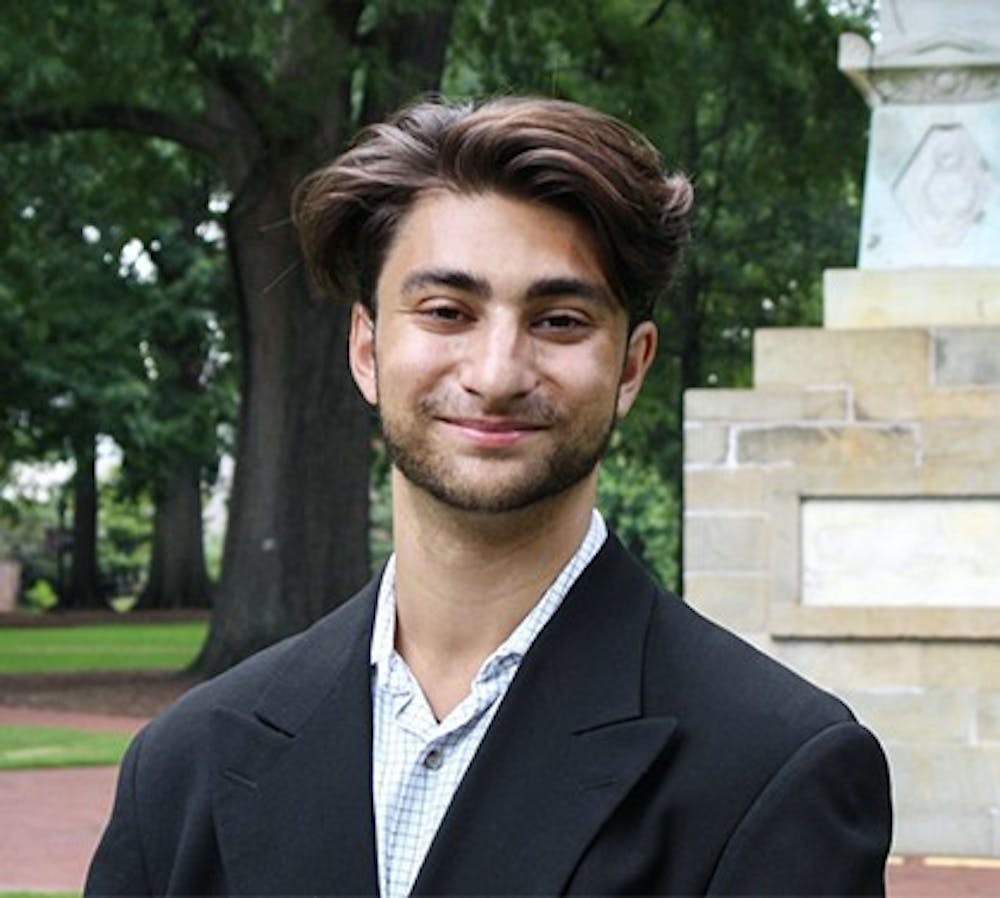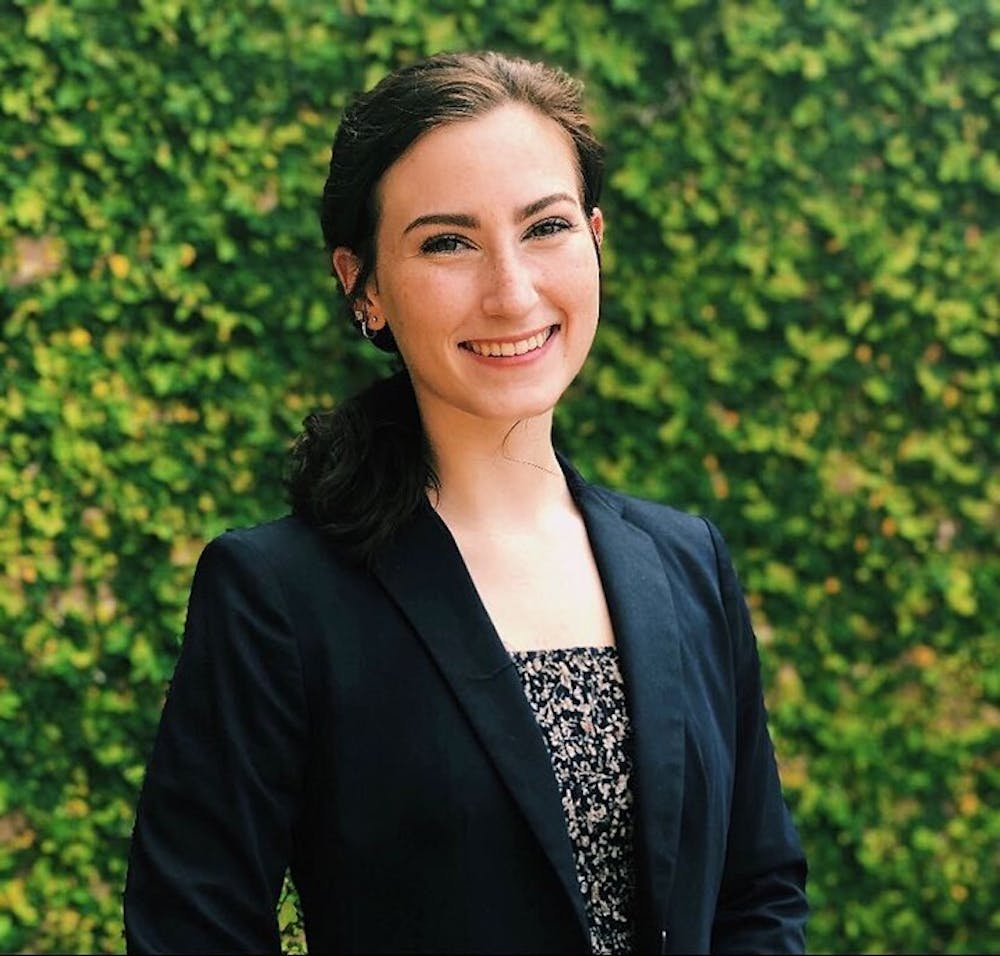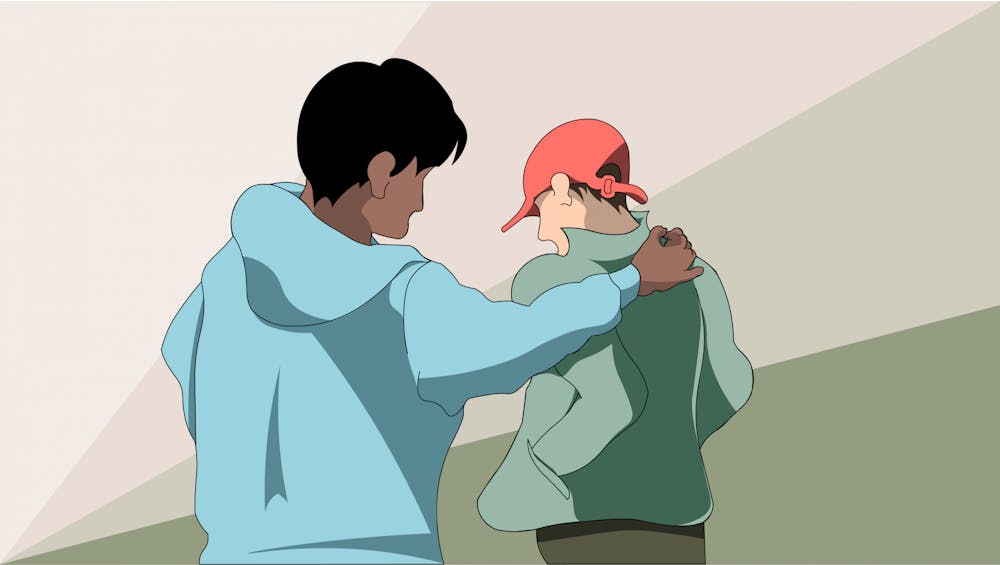USC’s Healthy Carolina initiative started the Mental Health Ambassadors program to reduce the stigma surrounding mental health by having students talk to each other about it.
The program was started last year via a suicide prevention grant. Students who have struggled with mental health volunteer to give presentations about on-campus resources and share their own experiences.
Over 40% of undergraduate students and over 30% of graduate students said they experienced moderate or serious "psychological distress” of some kind in spring 2020 alone, according to the American College Health Association. There were about 39,000 undergraduates and about 9,000 graduate students surveyed respectively.
“I've had multiple people in my life that I'm very, very close with go through periods of either extreme anxiety or really really severe depression,” said Angelo Amore, an ambassador earning his masters in international business. “When I saw that happen to people that I was really close with, it made me more aware.”

Amore, who also was an undergraduate at USC, was trained in the basics of how to help struggling students when he was a resident mentor. He said he wanted to learn even more, prompting him to join the Mental Health Ambassadors program.
“I want to be one of those guys that’s like, ‘Oh, he knows a lot about mental health. If you have any questions, go to him or if you want someone just to talk to, he's a great guy to talk to,’” Amore said.
Encouraging these familiar relationships is what the Mental Health Ambassadors is about, said program coordinator of mental health initiatives Kat James.
“I, as a staff member, can kind of walk around and be like, ‘Hey, it's okay to ask for help,' right, but it's very different to hear from somebody who has gone through it,” James said.
The Together We Can grant, which funds the Mental Health Ambassadors program and other mental health programs at the university, is provided by the federal Substance Abuse and Mental Health Services Administration.
The first cohort of ambassadors applied in fall 2019 and was trained until the university closed in March. Training consists of the university’s suicide prevention and Mental Health First Aid programs. Both of these courses are available for students to take.
Emily Collie, an ambassador and fourth-year exercise science student, said she recommends the suicide prevention training to all students.

"That was very eye-opening to me about kind of suicide prevention and things that you can do, even though you're just a student, you know, you're not a clinician, but you can still make a difference," Collie said.
Ambassadors are taught intervention and de-escalation skills in the Mental Health First Aid course, Collie said.
What sets the ambassador training apart, James said, is a unique storytelling component. The storytelling, where ambassadors share their own mental health experiences, helps “students understand that they're not alone if they're experiencing those things,” according to James.
“We take the pieces of information that are most relevant and then construct a narrative that will help people understand what we want to get across,” James said.
Though the training can include heavy subjects, Amore said the program is very rewarding for him.
“So, for me, it's getting it out there. We need to talk about mental health more often, so that people don't think it's a bad thing all the time,” Amore said.
After being trained, ambassadors are available to give presentations to any campus group of six or more interested students. Eligible groups include student organizations, athletic groups and Greek life.

